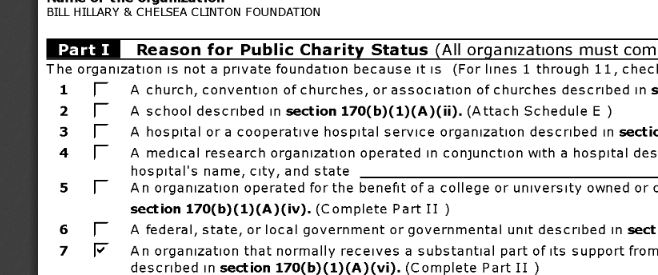Patience. A common saying in my house is that “Patience is a virtue which I have not yet acquired.” Another is “Don’t ask God for patience!” The answer to that prayer is, of course, “Wait for it.”
When He was hung on the Cross, Our Lord did not die instantly. By what we are told by Mark, He was crucified at about nine in the morning, and died about three in the afternoon. Several events took place that the Scriptures should be fulfilled. In that time, Jesus shows us one of the best examples of patience. As He hung there, He could have just done nothing and sped things along, but He chose not to. He forgave His tormentors. He brought a thief into His Kingdom. He even ministered to His blessed mother, Mary, giving her provision for her life. He ministers to us as well, offering a sacrifice for our own sins with His body.
It’s often said that the definition of insanity is doing the same thing over and over and hoping for a different result. Perseverance argues against that. It calls us to keep doing the same thing over and over. But with God’s promises, it’s not insanity that we have, but hope. It’s because of Jesus’ blood, that cleanses us from sin, that we can have this hope. We know that we can come to Him boldly only because of the blood of Christ. We know that this world becomes mundane and repetitive. He showed His servant John a glimpse of what will happen one day, when His glory will be our light. We know that even though we keep doing similar things each day and week, He will bring about a new heaven and a new earth. He has purchased us with His blood so that we can be there with Him.










Thank you for posting this. Good words.
You’re very welcome.
4.5